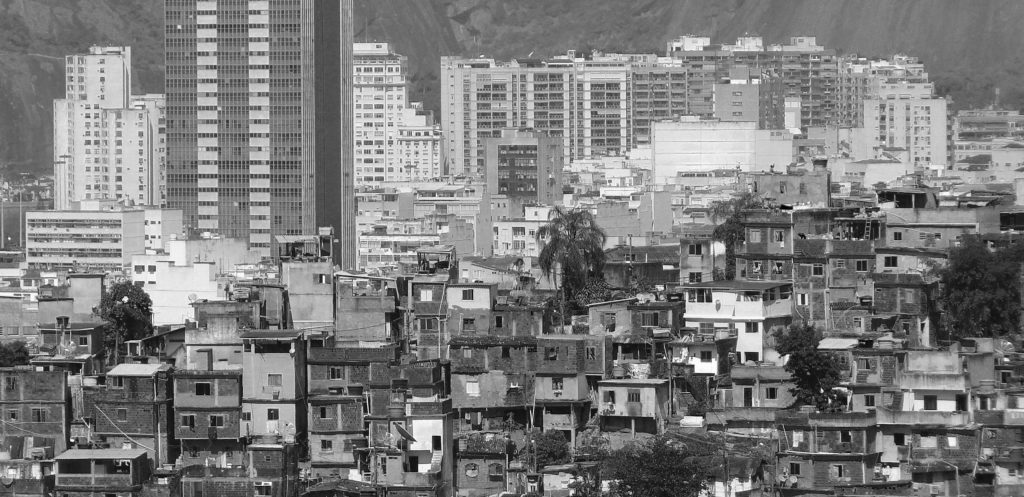Inequality & Human Rights: Conceptual Explorations

Since the current global financial crisis began in 2008, income and wealth inequality both within and between countries has come under attack from multiple perspectives. While there is much methodological debate about how best to measure economic inequality globally, many of the figures are alarming. According to a recent report by Credit Suisse, half the world’s wealth is now owned by just 1% of the population, while the least well-off 50% own just 1% of global wealth.
Poverty, wealth and economic inequality are neither natural nor innate. Processes of impoverishment and uneven accumulation are produced, stabilized and sometimes challenged through legal and institutional arrangements, market competition, and social struggles. To date, human rights approaches to social and economic rights have primarily focused on poverty alleviation and the guarantee of basic rights. While not insignificant, these approaches have rarely attended to issues of extreme wealth or the social distribution of wealth.
This initial phase of the larger Inequality Project considers whether international human rights law, movements, and discourses have, could or should engage with the problem of economic inequality nationally or internationally. Are human rights frameworks equipped to address economic inequality? Might their promotion foreclose other, more effective, vocabularies and strategies aimed at economic justice? How might human rights frameworks need to change to contribute to a more egalitarian world?
These questions were explored in a semester-long seminar & speaker series (Fall 2015) as well as an international academic conference (April 2016) that brought over 50 human rights advocates and legal and interdisciplinary scholars to Austin. Please see links below for details and video of these events.
In addition, Rapoport Center team members edited a special issue of Humanity Journal (2020) on human rights and inequality. It engages with a variety of pressing themes and topics, including redistribution and ecological overshoot, the New International Economic Order, debt, taxation and poetics.
To learn more, check out our Bibliography on Inequality & Human Rights.
The Rapoport Center has awarded grants to UT graduate students to engage in fieldwork exploring the relationship between inequality and human rights in different contexts. Read more.
Related Events
- A New Greek Tragedy?: Inequality, Human Rights and Democracy
- Croesus’ World: Human Rights in the Age of Inequality
- Right to Development After the Collapse of Development
- This Changes Everything: Capitalism vs. the Climate
- Sustainable Development Goals: A Course Correction?
- Inequality & Human Rights
